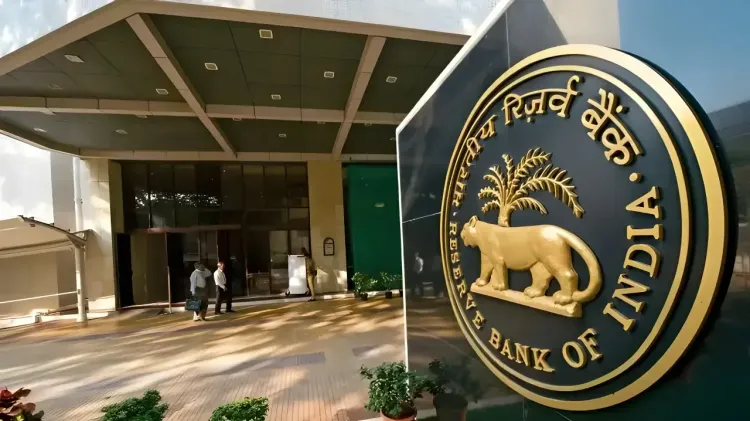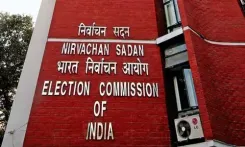Are New RBI Rules Simplifying Foreign Currency Loans for Companies?

Synopsis
Key Takeaways
- RBI's draft regulations aim to simplify foreign currency borrowing.
- Eligibility for ECBs will expand for borrowers and lenders.
- Proposed borrowing limits based on financial strength.
- Market-determined interest rates will be allowed.
- Companies can borrow up to $1 billion or 300% of net worth.
New Delhi, Oct 3 (NationPress) The Reserve Bank of India (RBI) has unveiled draft regulations aimed at facilitating the process for Indian firms seeking to secure funds in foreign currencies.
The central bank's proposal includes expanding the pool of both eligible borrowers and lenders involved in external commercial borrowings (ECBs).
“In line with the announcement made in the statement on developmental and regulatory policies dated October 1, we have decided to streamline the guidelines concerning external commercial borrowing (ECB), as outlined in the Foreign Exchange Management (Borrowing and Lending) Regulations, 2018, which falls under FEMA, 1999,” the RBI stated.
“The proposed borrowing limits will be associated with a borrower’s financial strength, and ECBs will be allowed at interest rates determined by the market,” the central bank added.
Under these draft guidelines, firms will be permitted to acquire funds from abroad based on their financial robustness.
“The range of borrowers and lenders eligible for ECB transactions is set to be broadened to boost opportunities for credit flow,” the RBI emphasized.
Companies could potentially borrow amounts up to $1 billion or as much as 300 percent of their net worth, whichever amount is greater.
“The restrictions on end-use and the Minimum Average Maturity requirements are expected to be simplified,” the central bank noted.
The RBI has also indicated that these borrowings will be accessible at market-driven interest rates, which will provide companies with enhanced flexibility in obtaining global funds.
This initiative aims to make overseas fundraising more appealing and in line with international standards, while simultaneously ensuring that financially sound companies have improved access to foreign capital.
The RBI has solicited feedback on these draft rules from stakeholders and the general public until October 24. The final regulations will be released after careful consideration of the feedback received.
“Comments or feedback on the draft regulations can be submitted through the relevant link in the ‘Connect 2 Regulate’ section of the RBI’s website or sent via email by October 24, with the subject line ‘Feedback on draft ECB framework’,” the RBI concluded.









